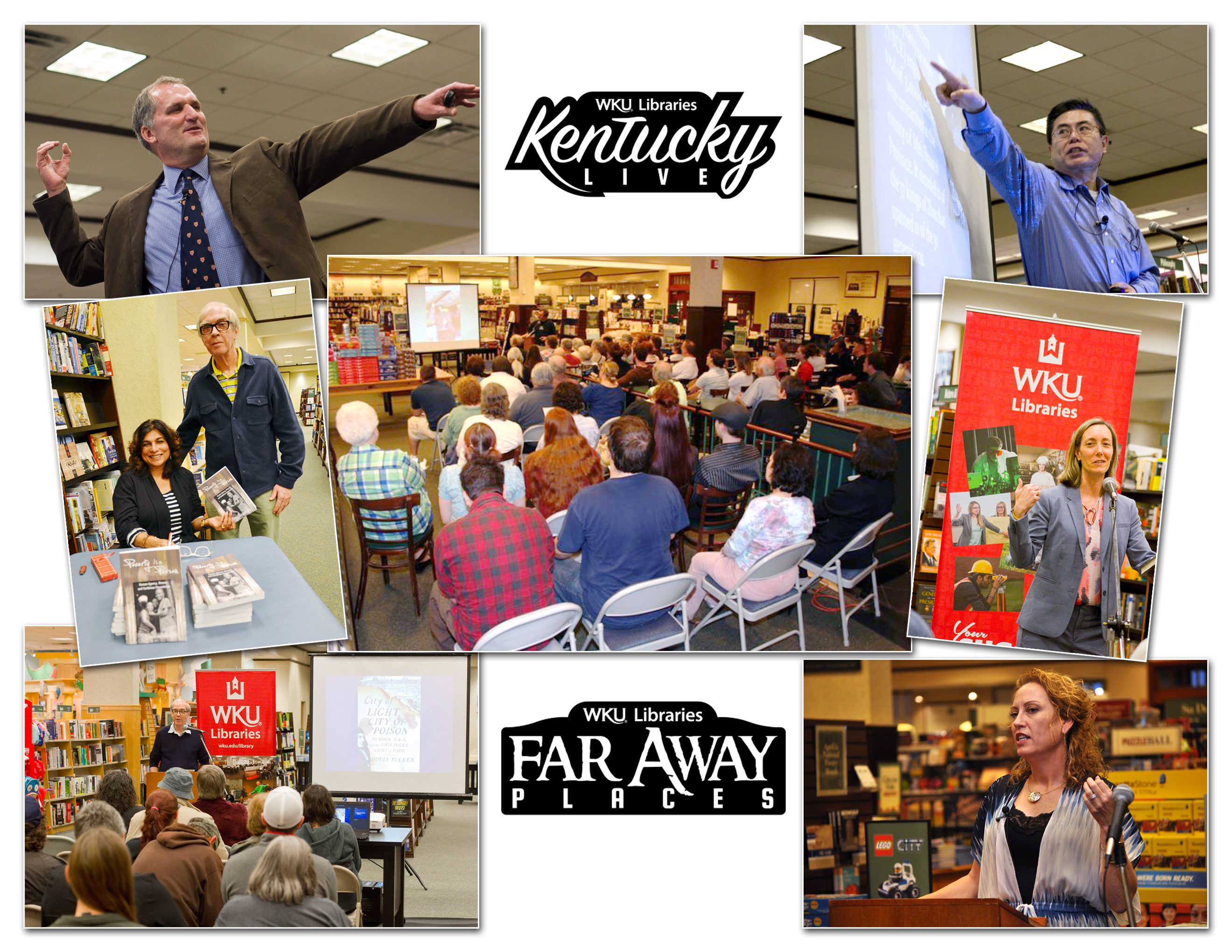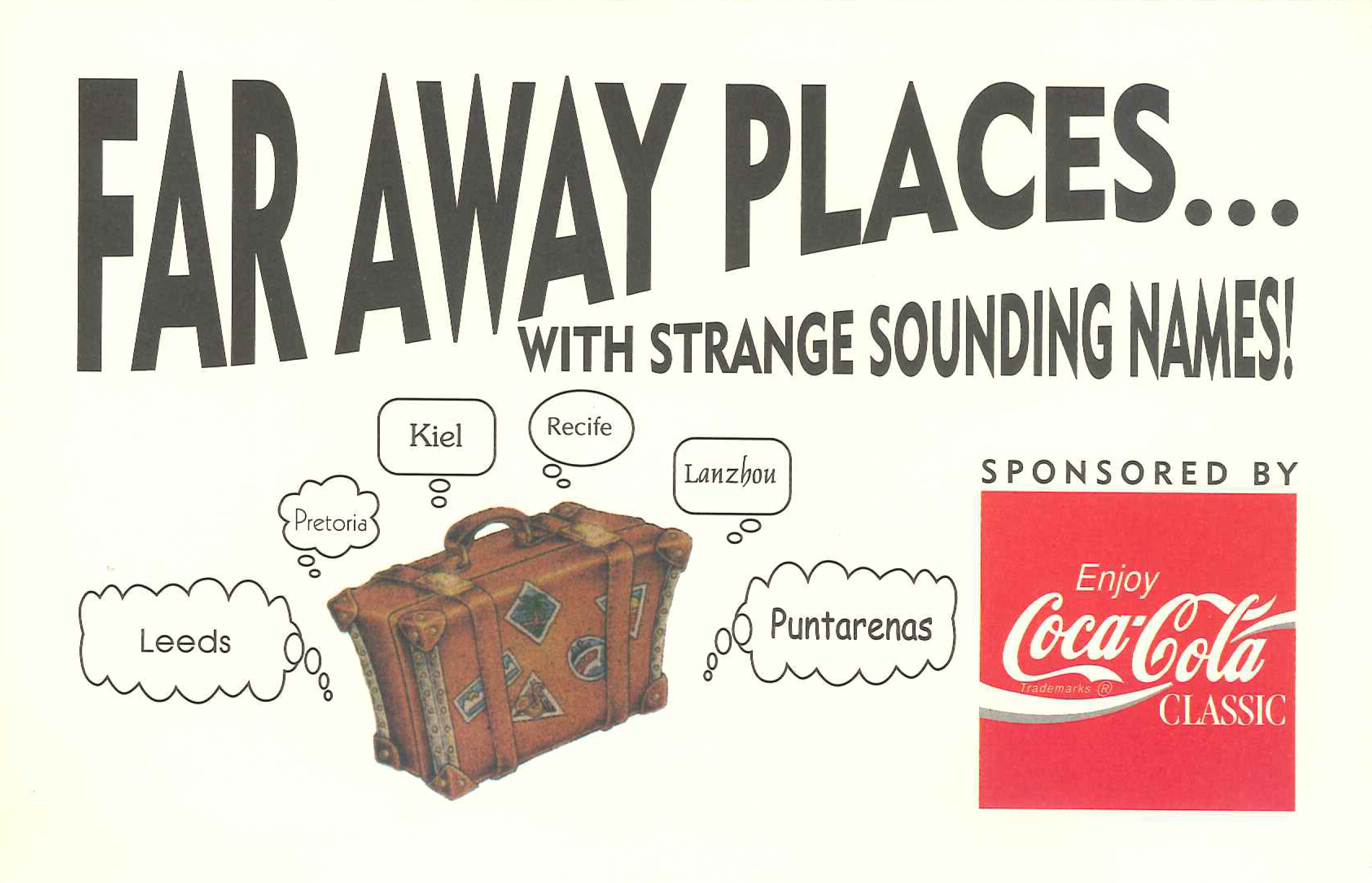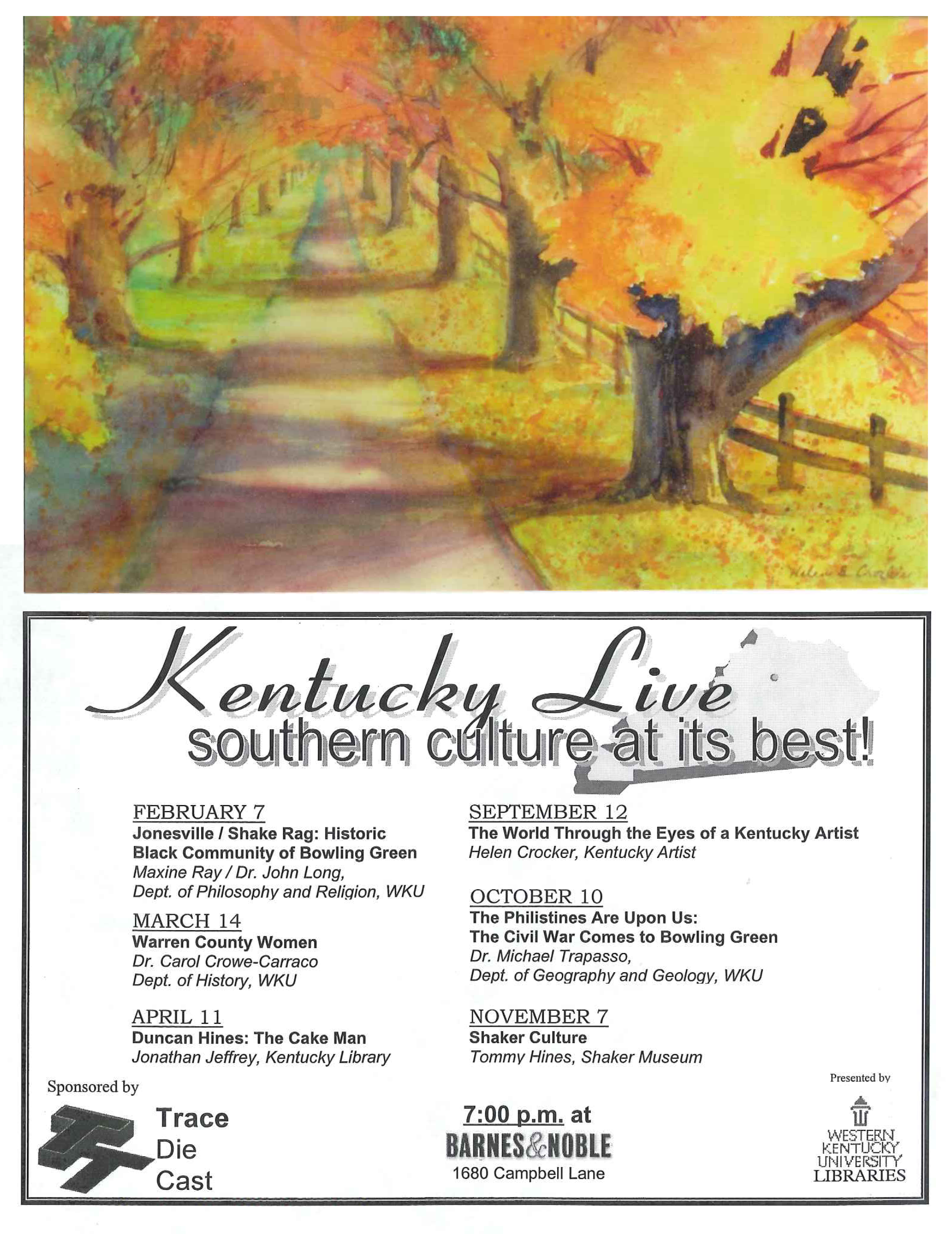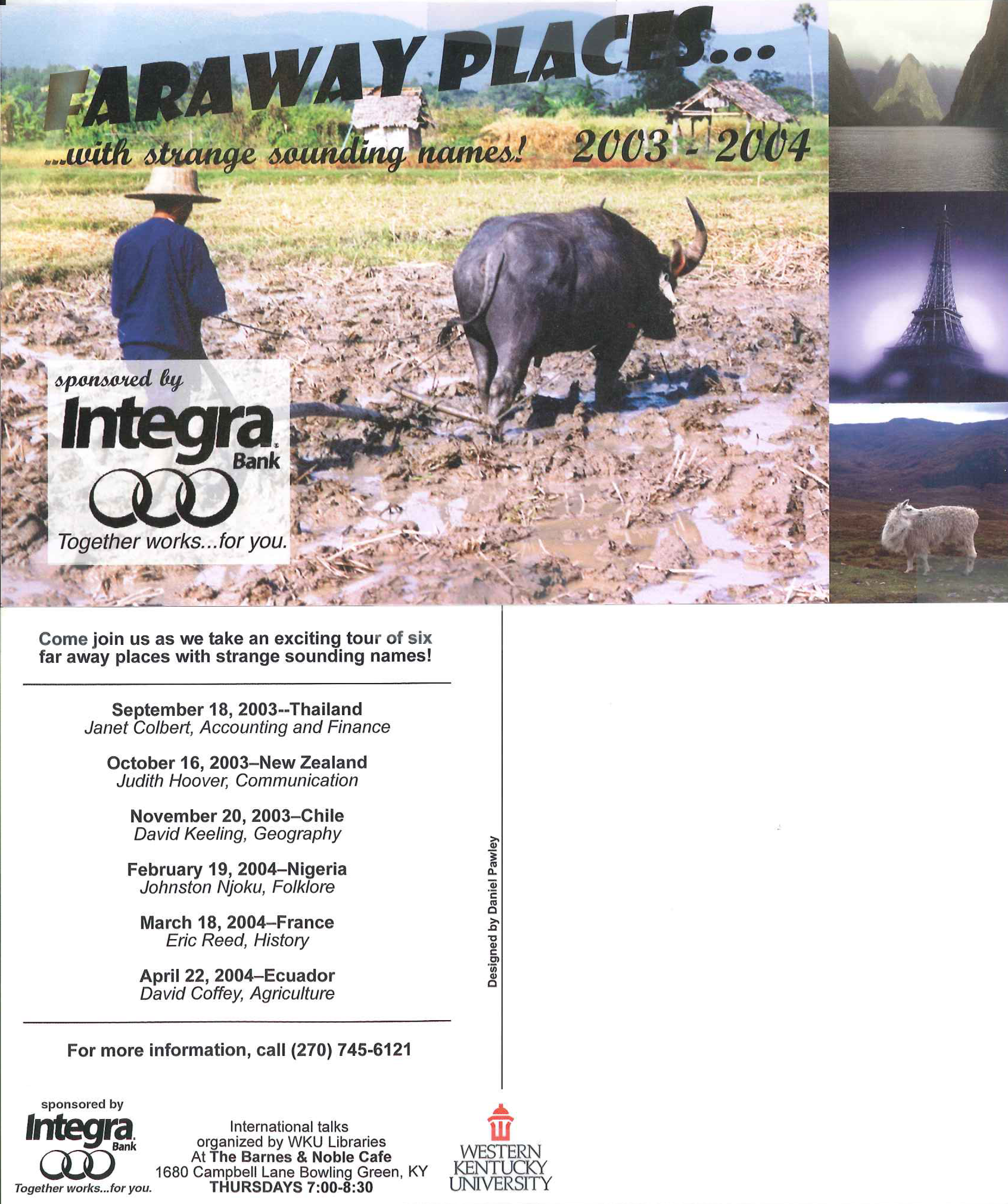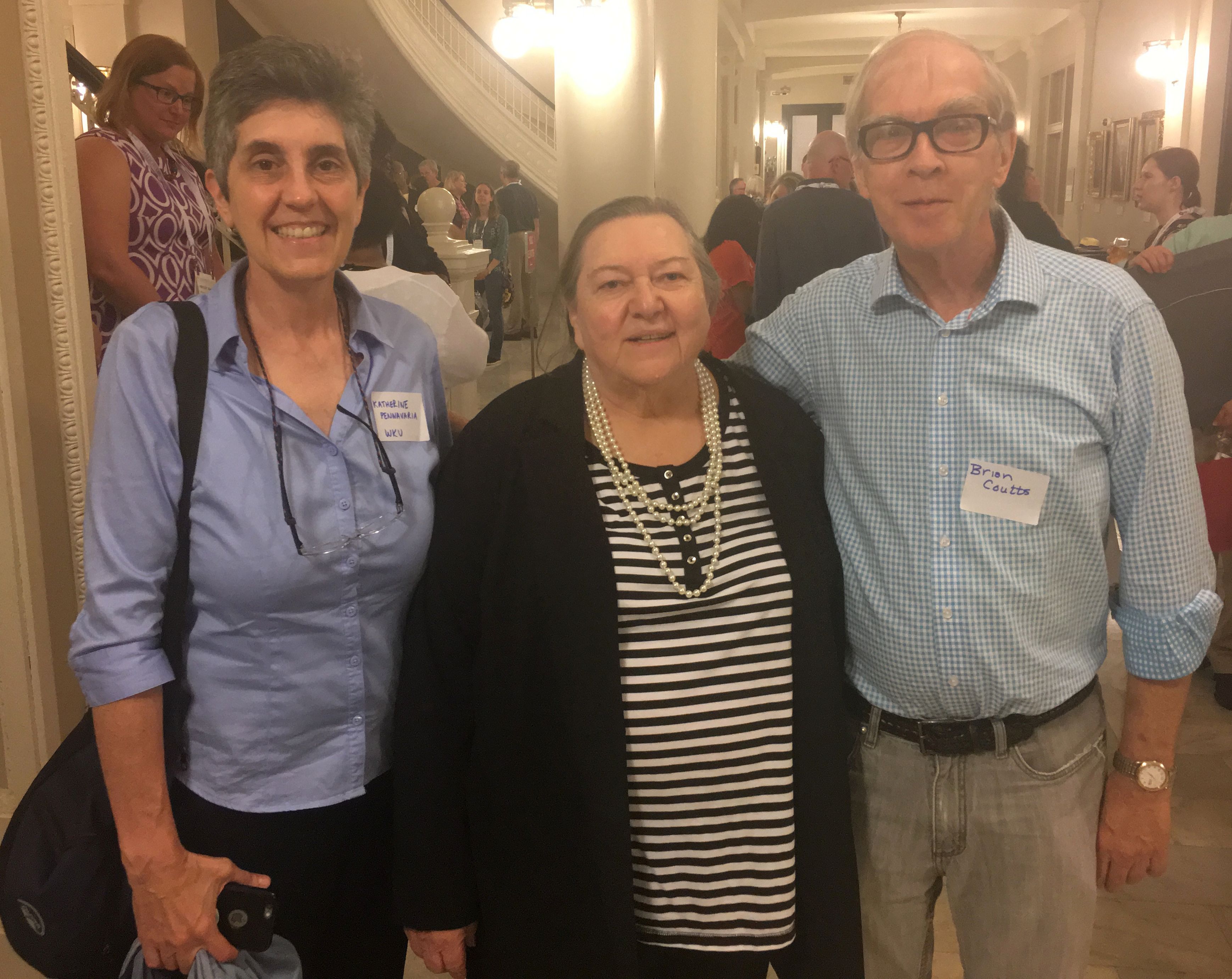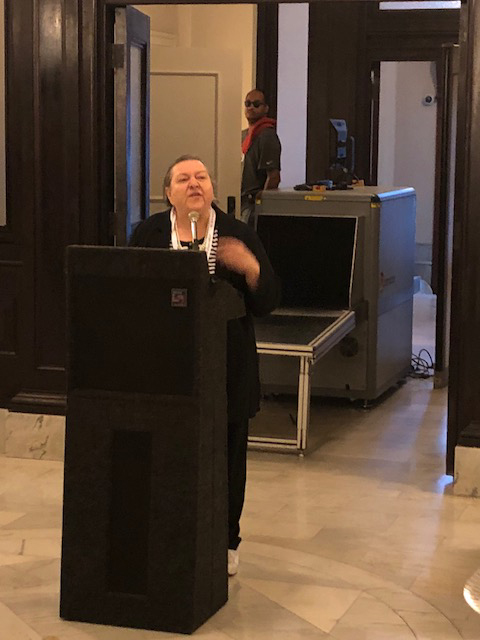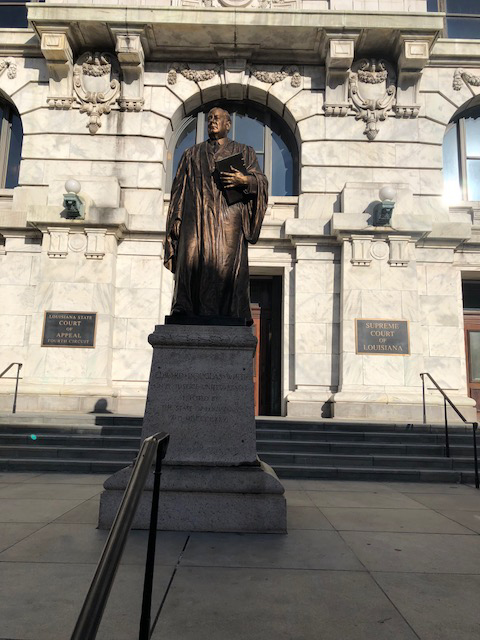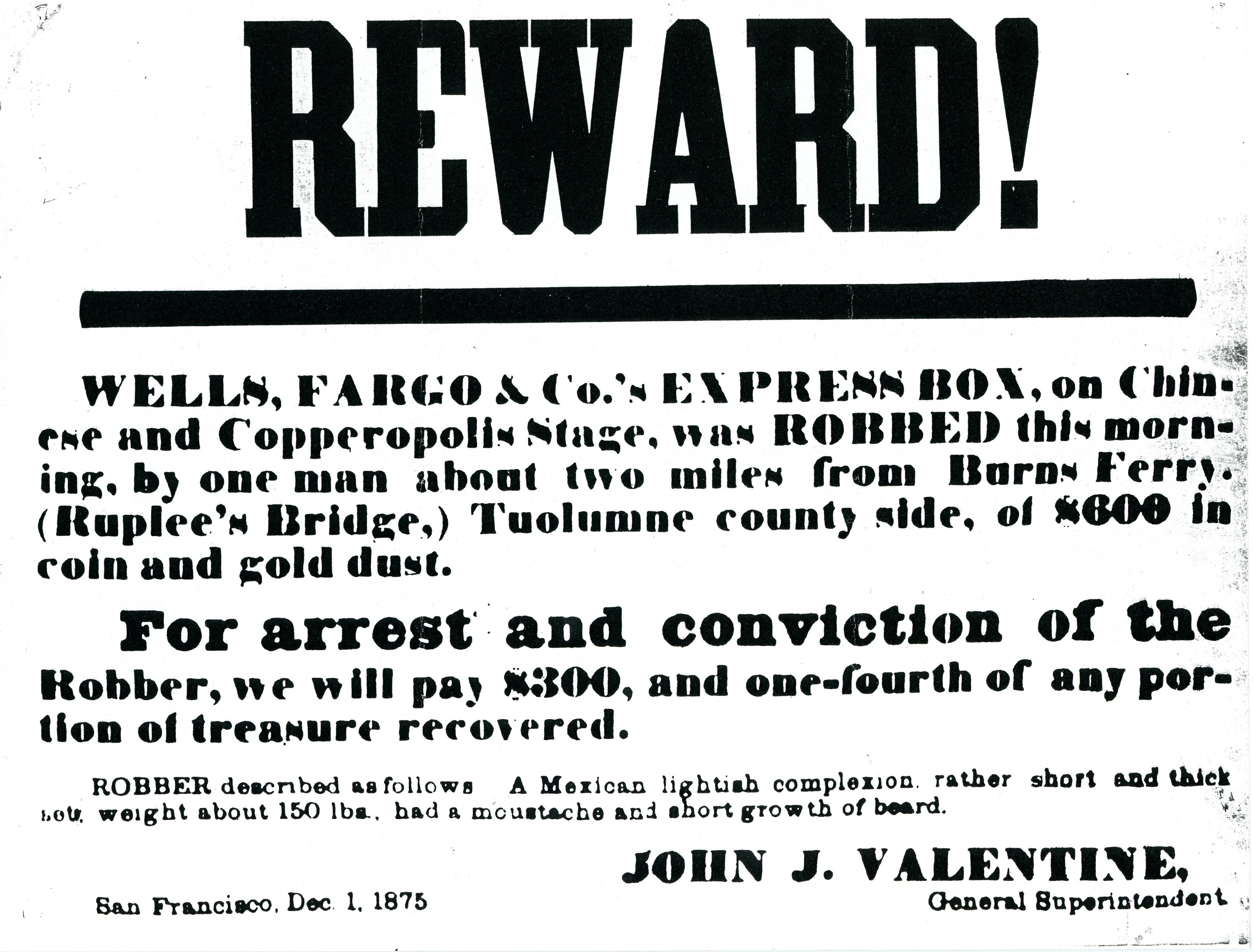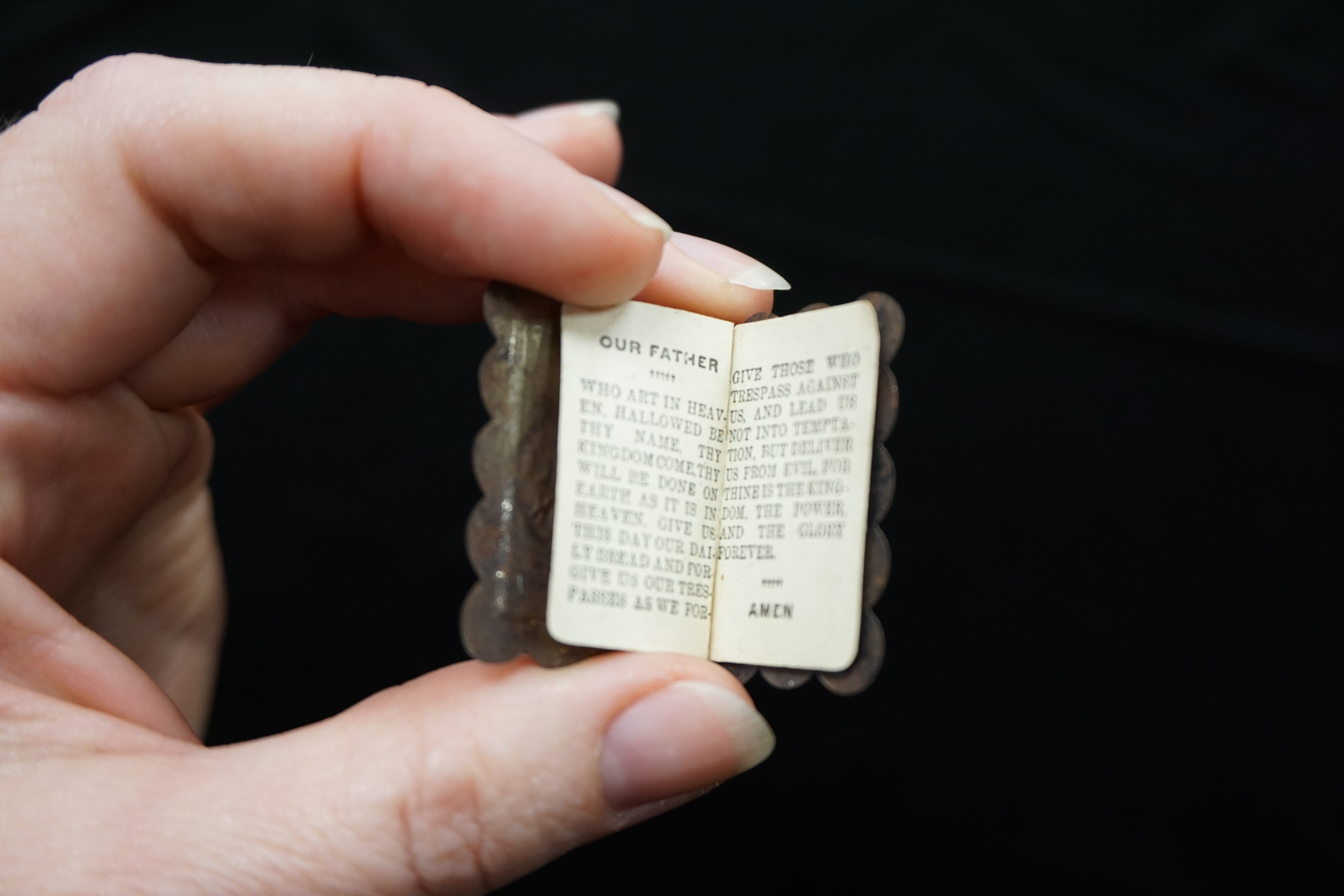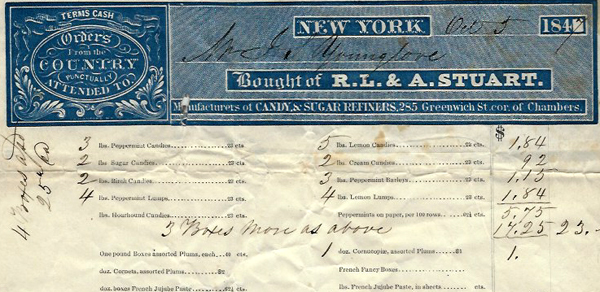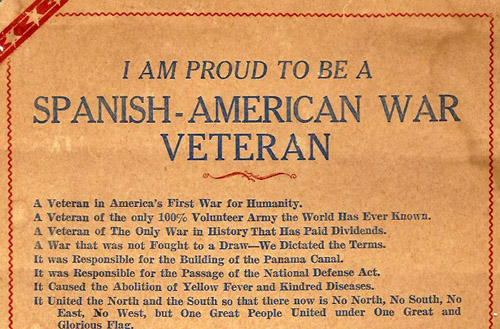Western Kentucky University’s Manuscripts and Folklife Archives, a part of the Department of Library Special Collections, was recently granted accreditation status by the Kentucky Oral History Commission (KOHC). Archives that receive accreditation serve as “permanent repositories for oral history collections, which KOHC sponsors through grant awarded funds.” With its newly appointed status, the Folklife Archives joins a group of state-recognized institutions dedicated to the long-term care, preservation, and maintenance of regionally-specific oral history projects. These projects, conducted by professional and amateur researchers, highlight the nuanced and complex issues surrounding community, identity, heritage, and tradition throughout the commonwealth. Accreditation is granted for a five-year period, after which the institution must re-apply.
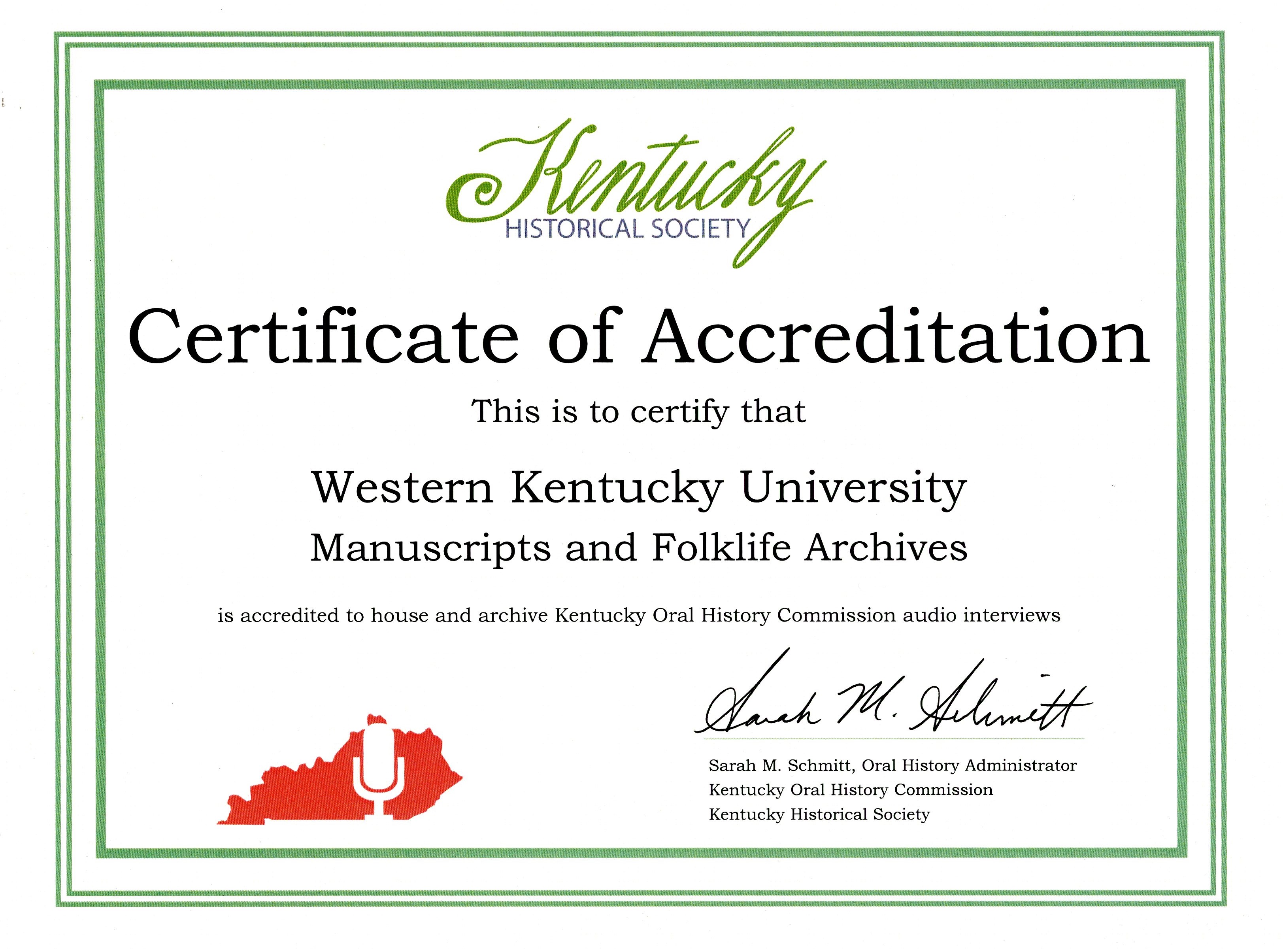
The accreditation certificate issued to Manuscripts & Folklife Archives by the Kentucky Oral History Commission.
“Having accredited repositories available throughout the Commonwealth is an important asset to the Kentucky Oral History Commission (KOHC). Preservation and statewide access are two of our keystone values, and WKU is now our western-most accredited institution. The KOHC has enjoyed a long and happy relationship with Western Kentucky University, and this distinction will only strengthen it,” said Sarah Schmitt, current Oral History Manager at the Kentucky Historical Society.
The application process, which was completed over the span of several months by Jonathan Jeffrey, the Department Head of Library Special Collections, and Delainey Bowers, a graduate student in the Folk Studies program, emphasized the Folklife Archives’ commitment to creating a repository, both as a physical space and as an online environment that values progressive storage policies and practices. With more than 5,000 audio recordings in analog form—including oral histories on reel-to-reel audiotapes and cassettes, as well as born-digital materials—the Archives places an importance on making collections available and easily accessible to the public. Through the use of online platforms, such as WKU’s TopSCHOLAR and Pass the Word, a KOHC-sponsored discovery tool geared towards oral history collections throughout the state of Kentucky, the Folklife Archives continues to prioritize recorded content in progressive and meaningful ways.
“I’m pleased that we have attained accreditation and met the standards set by KOHC’s progressive leadership. Kentucky has long boasted one of the country’s finest oral history programs. WKU’s Folk Studies and Anthropology and History departments have helped us amass a significant collection of audio material that document the Commonwealth’s folklore and history,” said Department Head Jonathan Jeffrey. Significant aid for this project came from former Folk Studies and Anthropology Department Head, Dr. Michael Ann Williams, current Folk Studies Director, Dr. Ann Ferrell, Director of the Kentucky Museum and Kentucky Folklife Program, Brent Bjorkman, Dean of Libraries, Susann DeVries, Library Systems Office Coordinator, Michael Moore, Provost, David Lee, and the Potter College of Arts and Letters.
According to Ferrell, “The Folklife Archives at WKU was started in 1953 by renowned folklorist D.K. Wilgus who taught in our program at that time. It includes collections completed by students and faculty since then, including retired Professor Lynwood Montell, as well as the collections of the Kentucky Folklife Program, which moved from Frankfort to WKU in 2012. We are thrilled about the receipt of this accreditation, as it will open further opportunities for the deposit of materials of regional significance.”
WKU’s Department of Library Special Collections, housed in the Kentucky Building, has been collecting material related to the history and culture of Kentucky since the late-1920s. The Department has three units: the Kentucky Library, Manuscripts & Folklife Archives, and WKU Archives.


